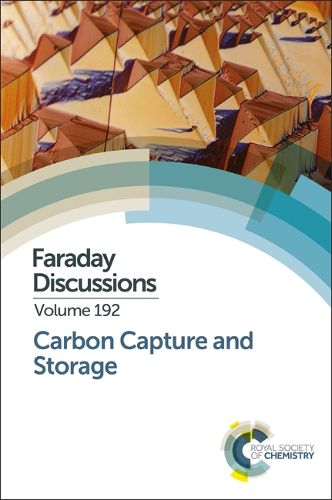Readings Newsletter
Become a Readings Member to make your shopping experience even easier.
Sign in or sign up for free!
You’re not far away from qualifying for FREE standard shipping within Australia
You’ve qualified for FREE standard shipping within Australia
The cart is loading…






The global generation of power depends heavily on coal-fired power plants, and industrial processes such as the production of cement or iron emit CO2 as an intrinsic part of the process. As fossil fuels will remain part of the global energy mix for some time, developing carbon capture and storage technologies is becoming increasingly important for reducing carbon emissions. Topics covered include a review of the technologies likely to be deployed in the first generation of carbon capture and storage plants; potential technologies for CO2 capture, such as metal-organic frameworks and nanoparticle-organic hybrid materials; recent advances in modelling, including thermodynamic theories; and end uses for CO2, such as fuels, building materials and plastics. This Faraday Discussion brings together researchers working on new potential carbon capture materials and processes, physical properties of CO2 and gas mixtures, carbon dioxide utilisation and process engineers looking at incorporating new technologies into viable carbon capture and storage processes.
$9.00 standard shipping within Australia
FREE standard shipping within Australia for orders over $100.00
Express & International shipping calculated at checkout
The global generation of power depends heavily on coal-fired power plants, and industrial processes such as the production of cement or iron emit CO2 as an intrinsic part of the process. As fossil fuels will remain part of the global energy mix for some time, developing carbon capture and storage technologies is becoming increasingly important for reducing carbon emissions. Topics covered include a review of the technologies likely to be deployed in the first generation of carbon capture and storage plants; potential technologies for CO2 capture, such as metal-organic frameworks and nanoparticle-organic hybrid materials; recent advances in modelling, including thermodynamic theories; and end uses for CO2, such as fuels, building materials and plastics. This Faraday Discussion brings together researchers working on new potential carbon capture materials and processes, physical properties of CO2 and gas mixtures, carbon dioxide utilisation and process engineers looking at incorporating new technologies into viable carbon capture and storage processes.